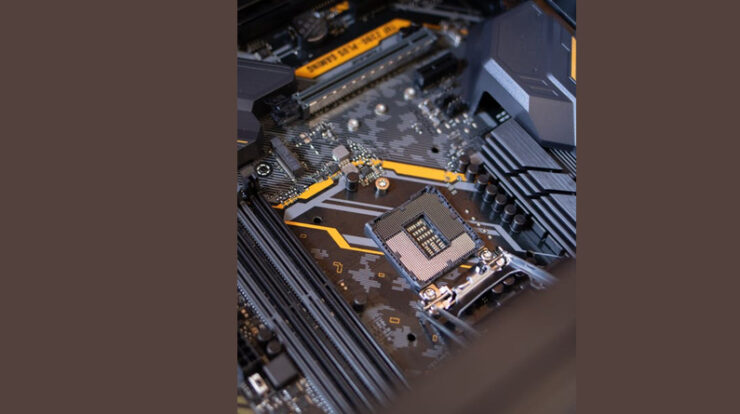
Any physical component or device that makes up part of an access control system is considered access control hardware. At first glance, essential elements of an access control system are those that deal with physically creating security for a specific area, such as doors, locks, and card readers. However, the notion of “access control hardware” is far broader. The phrase also describes your tenants’ credentials to enter a building.
Additionally, internal parts like servers and cables that support access control systems are in the hardware for access control doors. Access control systems in the past were made up solely of hardware. One of the most prevalent instances of a hardware-based access control system uses locks and keys. Today’s access control systems use software to use the cloud, the internet, and other technological advancements.
Suppose you want to live in a safe, protected, comfortable, and peaceful environment. In that case, you should install access control hardware in your home and company, as this device will allow you to monitor all the people who enter and exit your home. Plus, with the help of this device, it will lower the risk of criminals getting into your home as your home is full of high-quality security devices that will keep them away. So what are you waiting for to experience a life of comfort now?
Here are three types of access control hardware for you to get more ideas on how this works.
- Security Hardware
With the number of people inside any company organization constantly increasing, maintaining security and controlling access for employees and guests becomes difficult. Our products offer a wide range of integrated solutions to improve safety and protect people, property, and assets. From encrypted door controllers and wireless lock system hardware employs end-of-line supervision and system monitoring to ensure the system is functioning 24 hours the clock, with tamper detection to combat any threats. Combined with the cloud software, the Rules Engine feature provides real-time security alerts and customized automation.
- Internal hardware
Internal access restrictions reduce damage in the event of a system assault and make it more difficult for attackers to gain access. One compromised password will, at most, reveal to the attacker the user’s access privileges, not the entire internal network. The justification for adequate internal access controls, commonly known as defense in depth, is clear-cut in theory but unexpectedly challenging in practice. The information that modern access control systems must monitor includes credential information, access permissions, and door release operations. All the data on a Server might be on-premises or in the cloud. The Servers also increase the access control hardware system’s computer capacity. The most advanced access control systems can communicate with mobile apps, allowing tenants to open doors using their cell phones. Wires are utilized in an access control system to carry either power or an internet connection to various components. The wire is far more dependable. However, it is costly to install and maintain and quickly deteriorates.
- Tenant credentials
The owner has to safeguard the rental community by taking the proper action in that regard. Nobody likes to be in danger because someone chooses not to abide by the laws, negatively impacting their way of life. The renter pays for the assessment. It is easy to gauge how motivated, polite, and aware they are of your desire to abide by the regulations. This approach minimizes fraud, eliminates identity theft, and provides information about the applicant. Landlords and property managers typically employ the checking procedure to evaluate potential tenants. The goal is to determine how likely it is that the renter would adhere to the conditions of the lease or rental agreement and take excellent care of the particular rental property. After the procedure, a decision on whether to approve the applicant with conditions or refuse tenancy.






